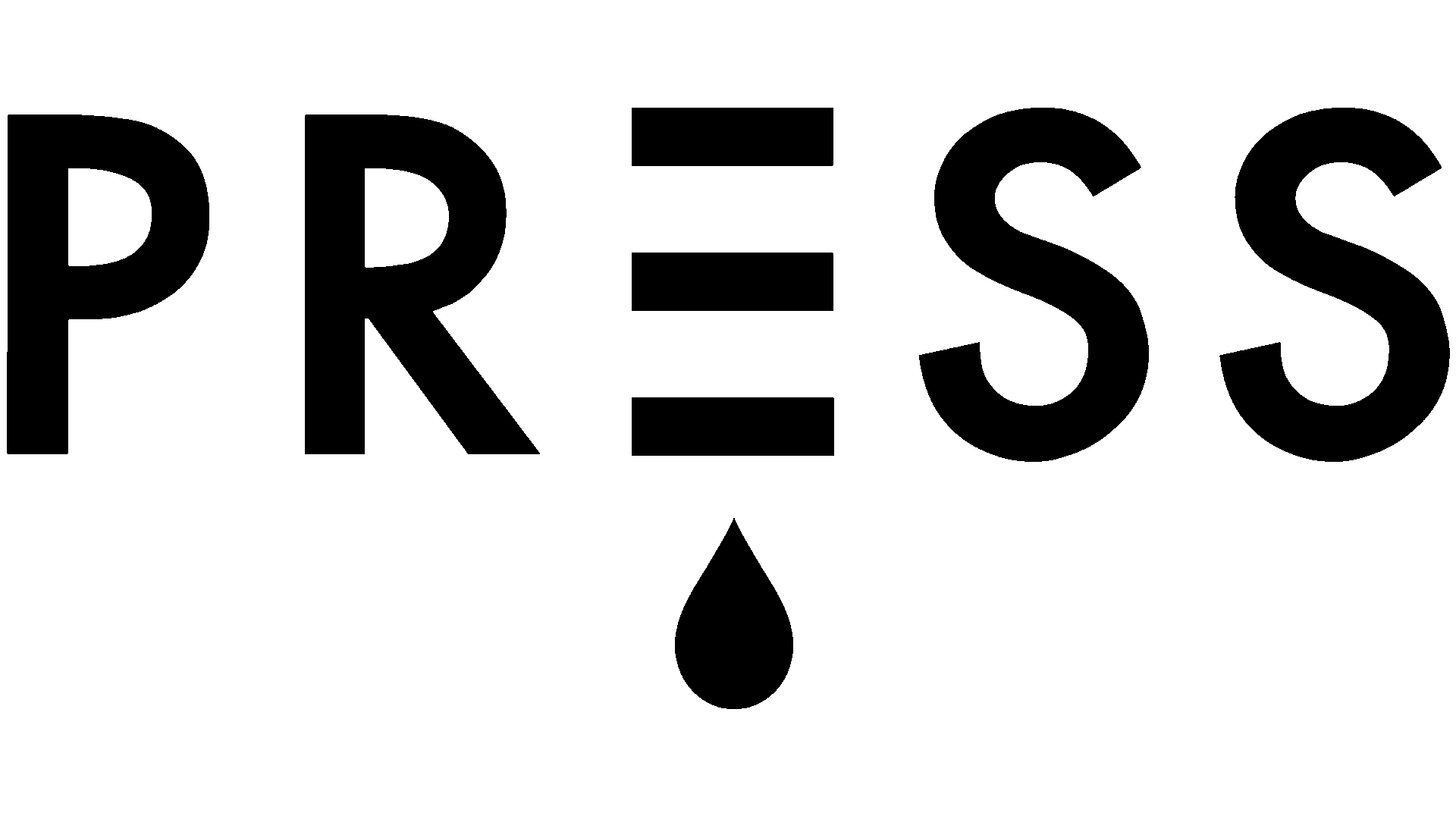The Squeeze.
Magazine
Get all the juiciest news from the PRESS HQ

Post Easter Sugar Detox: How to Bust Cravings and Bad Habits with Food
We asked Nutritionist and founder of the Natural Balance, Kelly Mulhall, her tips on how to bust sugar craving post Easter bank holiday. Here's what she had to say... Battling...

Ahead of Mother's day, we asked Kate Cox, finance superstar at PRESS, how she manages to maintain a healthy lifestyle around being a mum to...

Happy International Women's Day 2024, where the theme "Invest in women: Accelerate progress" serves as a powerful call to action for gender equality and...

Vitamin D is a vital component not just for bone integrity but as a cornerstone for robust immune function, mental health, and heart vitality. Yet,...

What's the difference between cold pressed juice vs regular juice?
If you've never heard of cold pressed and wondering if there's much difference, the answer is yes. Read on to find out how cold pressed juice is made and why it's...

For well over 5000 years ginger has been used for health and medicinal purposes. Discovered in Southeast Asia, it was used by the ancient Chinese...

Did the milk drip down your chin as you guzzled it straight from the carton when your mum wasn’t looking? And did shutting the fridge...

Our brand new PRESS Plans are here! Transformational Meal Plans, designed by experts, with your health in mind. Our mission at PRESS has always been...













